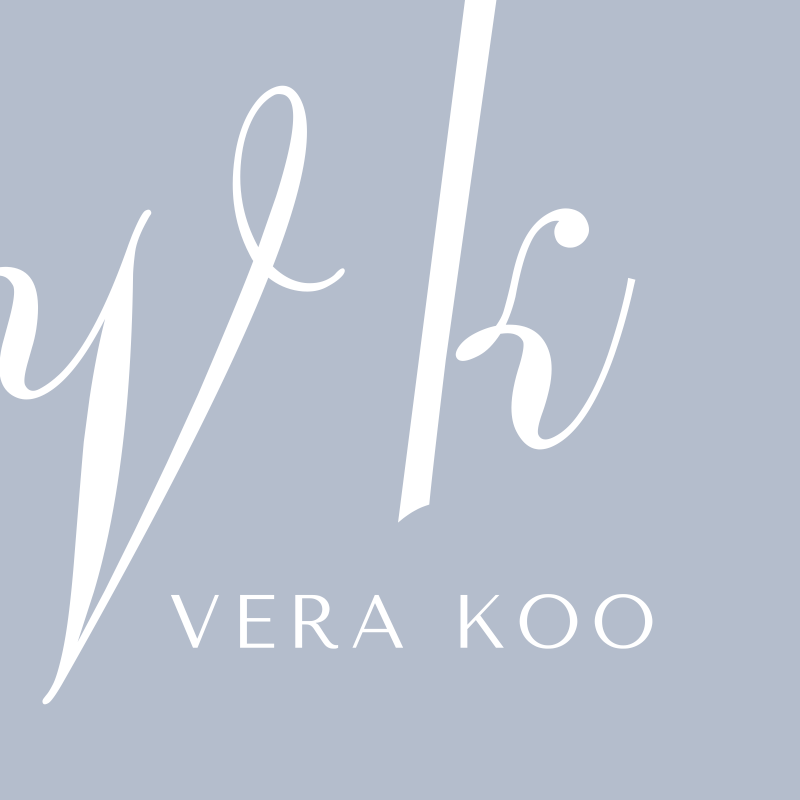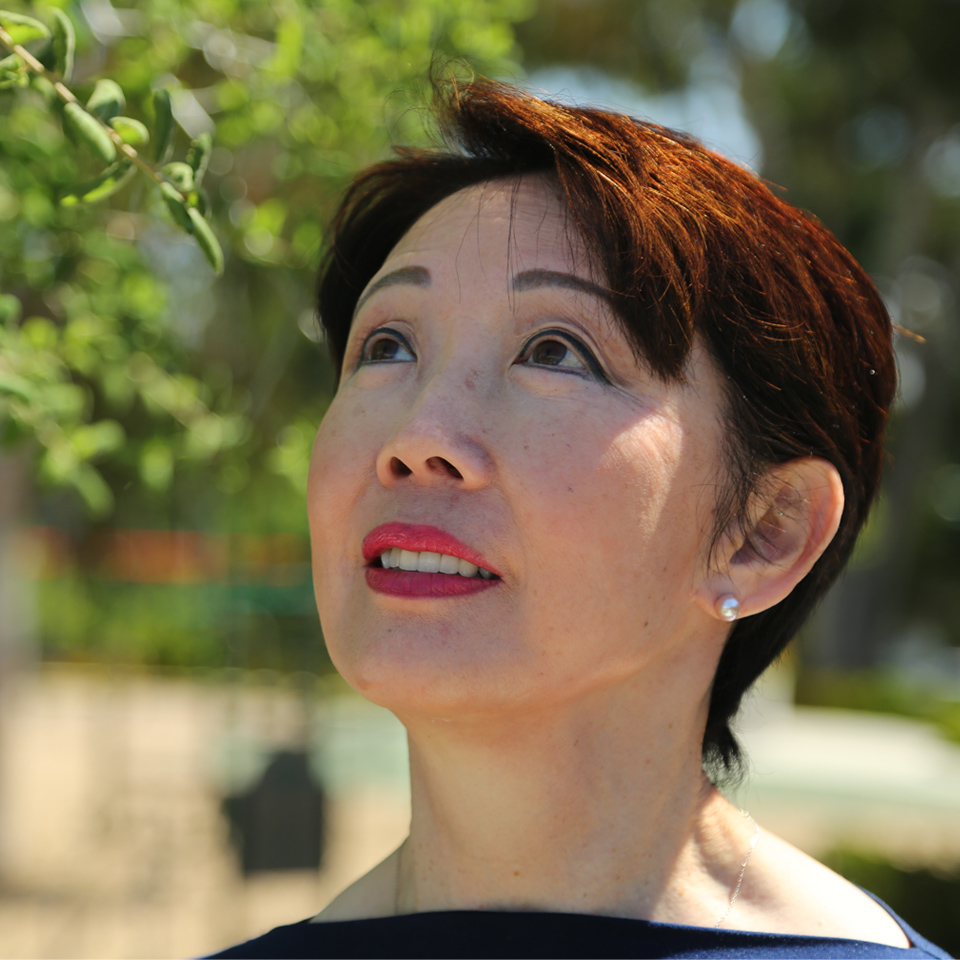By Vera Koo, Women’s Outdoor News, February 2, 2017
“Can you imagine what I would do if I could do all I can?” ~Sun Tzu
Great athletes are perfectionists. We have a strong work ethic, and the tenacious ability to bite into something and never let go. We stay with it. We are determined, meticulous planners, who value self-control, pure strength and building on talent. We are physically and mentally strong.
However small, however big, it doesn’t matter what’s asked of us. We will do whatever it takes to get the job done. That is the personality of a great competitor.
Is it stereotypical for me to quote Sun Tzu? Perhaps. But if you have read his Art of War, you may understand several unique elements of Chinese culture. Sun Tzu, for anyone who hasn’t opened a history book or a fortune cookie recently, was a Chinese general, strategist, and philosopher during the Zhou dynasty. He lived and wrote during 500 BC and still is celebrated for his concise treatise known as Art of War. Today, politicians and corporations alike utilize his tome for social and diplomatic engineering.
He is credited with advising, “Keep your friends close, and your enemies closer,”
“The supreme art of war is to subdue the enemy without fighting”
and “Appear weak when you are strong, and strong when you are weak.”
Whether you believe his words to be irrefutable proverbs of wisdom or better found within a pressed cookie, for more than 2 millennia, Sun Tzu’s work has emphasized that detailed, precise planning will inspire success.
Traditionally, Chinese heritage views success on 2 levels: a personal level and a higher, spiritual level. For example, a successful man should be educated and healthy, with a good family and job. He should be capable of contributing to his society, country and the world. A successful traditional Chinese woman should be good in all aspects of home economics and marry a good husband who comes from a highly-educated family. In conventional Chinese doctrine, a wife should give birth to a son who will carry on the family name and grow up to be even more prosperous than his father.
Go To Full Article | Translations: 日文 Japanese – 继续阅读簡體字 Simplified Chinese – 繼續閱讀繁體字 Traditional Chinese

